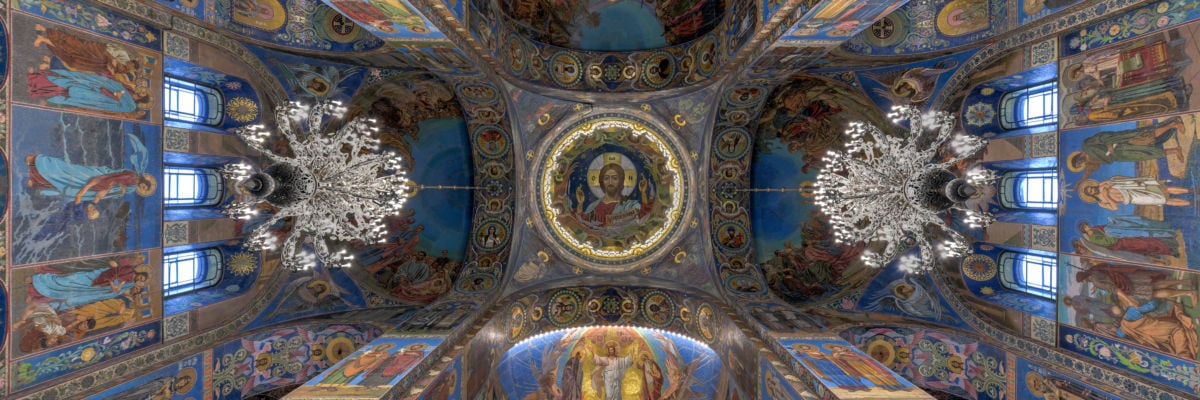
Question:
Answer:
George Gurdjieff (1872-1949) was a man of Greek and Armenian descent born in the Russian Empire and educated in the neighboring Ottoman Turkish Empire. Raised in the Russian Orthodox Church, he nonetheless developed his own system of spirituality, a kind of naturalistic mysticism he derived from several religious sources, e.g., Sufi Islam, Orthodox monasticism, Hinduism, and Buddhism.
His principal idea was that most human beings lack a soul since they lack an integrated spiritual personality. The soul must be developed by a threefold discipline of body, emotions, and thoughts, utilizing the techniques and insights of the psychology of various religious traditions but without their religious intention. The early twentieth century abounded in such systems of esoteric philosophy, and these had their impact in the cultural events of the fifties and sixties. Gurdjieff sought disciples in France, England, and the US and raised enormous sums of money for his projects.
His personal life did not at all match the spirit of the ascetic traditions he espoused, and he had numerous liaisons with devoted female followers and was attached to very comfortable lifestyle. Even so, he never repudiated the Russian Orthodox Church of his baptism and died with her last rites. So we may hope that in spite of his errors, he received the benefit of the holy sacraments.
Any Catholic Christian can see on examining his teachings that they are not at all compatible with our Faith and present some few true elements in a shallow and intellectually indefensible way. To someone who is not very well instructed in the Faith, I would advise to stay away from his teachings—they will not benefit you and might harm your soul. My own older brother was badly misled by the teachings of Gurdjieff, so I know of what I speak.



